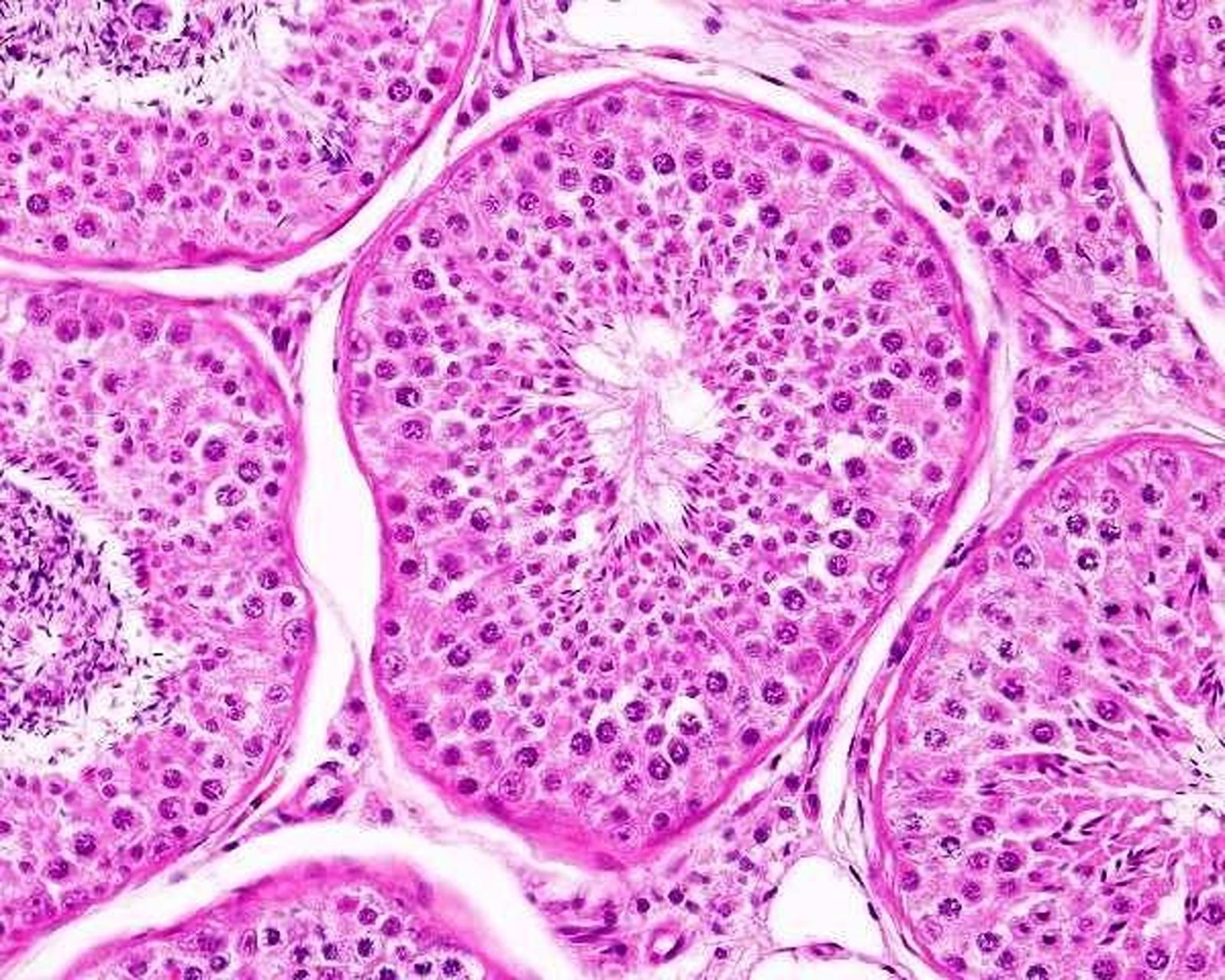
Articles & Insights
Breaking Taboos: Unveiling the Emotional and Psychological Journey of Male Infertility
Infertility is when a couple can't achieve pregnancy despite regular, unprotected intercourse for a year. It affects around 8% to 12% of couples worldwide. Male factors contribute to roughly half of the cases. Infertility can cause stress, but it's uncertain if stress causes infertility. Understanding the emotional impact of male infertility is crucial for research. Men often suffer quietly and may report less distress. Social perceptions of masculinity could affect male reproductive health. Psychological stress in men might affect sperm quality and overall health.
Understanding the Significance of Your Hormonal Levels
Welcome to our blog series addressing male infertility factors in the context of azoospermia. Today, we delve into the intricate interplay between hormonal markers and testicular function, specifically focusing on scenarios where FSH (Follicle-Stimulating Hormone) levels coexist with LH (Luteinizing Hormone) and testosterone levels. Understanding these hormonal imbalances is crucial in unraveling the complexities of male fertility issues.
PESA vs MESA: A Comprehensive Comparison for Obstructive Azoospermia Treatment
Obstructive azoospermia, a condition characterized by the production but blockage of sperm release, affects approximately 40% of azoospermic males. It's a significant cause of male infertility, but the good news is that various treatment methods can potentially rectify this issue and pave the way towards parenthood. Two of the most common procedures utilized are Percutaneous Epididymal Sperm Aspiration (PESA) and Microsurgical Epididymal Sperm Aspiration (MESA). This blog post provides a comprehensive comparison of these techniques to help you make an informed decision about the best treatment option for you.
Navigating Azoospermia Due to Sertoli Cell Syndrome: Insights and Practical Advice
When the azoospermia is due to Sertoli Cell Only Syndrome (SCOS), a condition where the seminiferous tubules in the testes contain only Sertoli cells with no sperm-producing cells, the journey to fatherhood might seem daunting. However, with the right information, support, and medical intervention, it's possible to navigate this journey successfully.
Understanding the Impact of Environmental Factors on Male Fertility and Azoospermia
Male fertility is a complex issue that is influenced by various factors including lifestyle, genetics, and the environment. More and more, research is highlighting the detrimental impact environmental factors can have on the quality of male sperm and overall fertility.
Decoding Semen Analysis: Understanding Male Fertility
Semen analysis is an indispensable tool in assessing male fertility, yielding valuable insights into the efficiency of sperm production and the integrity of the structures responsible for sperm transport. Let's delve into the clinical significance of semen analysis results and their implications for fertility.
Enhancing Male Fertility: The Potential of Scrotal Cooling
Male fertility is a complex issue that is influenced by various lifestyle factors, genetic issues, and environmental conditions. One aspect that has been gaining attention in recent years is the impact of heat stress on male fertility.
Complete Guide to microTESE Pre- and Post-Op Care
Welcome to your journey towards parenthood! You've made the important decision to undergo a microscopic testicular sperm extraction (microTESE), a procedure that holds the promise of fulfilling your dreams of having a family. In this guide, we will walk you through the intricacies of the microTESE surgery, what to expect during your hospital stay, and the steps to follow once you return home.
Leydig Cells and Non-Obstructive Azoospermia: A Fresh Perspective on Male Infertility
In this blog post, we aim to simplify the complex scientific discourse around NOA and bring you a layman's interpretation of recent scientific research, specifically a study titled “ Leydig Cells in Patients with Non-Obstructive Azoospermia: Do they Really Proliferate?
A Deep Dive into Azoospermia: Unraveling the Complexities of Pregnancy Outcomes and Neonatal Health in ICSI Procedures
Embarking on the path to parenthood, every step is a marvel of nature's biological complexity. Yet, for some couples, this path is fraught with hurdles, with male infertility being a significant impediment. Azoospermia, a condition that entails the absence of sperm in a man's semen, is a leading contributor to such infertility issues.
Understanding the Risk of Hypogonadism Due to Micro-TESE Procedures
Microscopic testicular sperm extraction (micro-TESE) is a revolutionary treatment for severe male factor infertility, particularly in cases of azoospermia, where an absence of sperm in the semen is observed due to anatomical obstructions or very low/no sperm production.
Microsurgical Sperm Extraction(mTese): A Ray of Hope for Men with Non-Obstructive Azoospermia
A recent study compared the success rates of microsurgical and conventional testicular sperm extraction procedures in men diagnosed with NOA. The results painted a promising picture for the microsurgical approach, also known as microTESE.
The Link Between Fructose and Semen: Exploring the Impact on Male Reproductive Health
The journey to understanding male reproductive health has taken a new turn with researchers delving into the effects of dietary components on semen quality. Among these components, fructose—a natural sugar found in various foods—has come under scrutiny for its potential impact on semen parameters.
Understanding Male Infertility: Exploring its Various Types
Infertility is a deeply personal and often distressing issue that affects up to 15% of couples worldwide.















